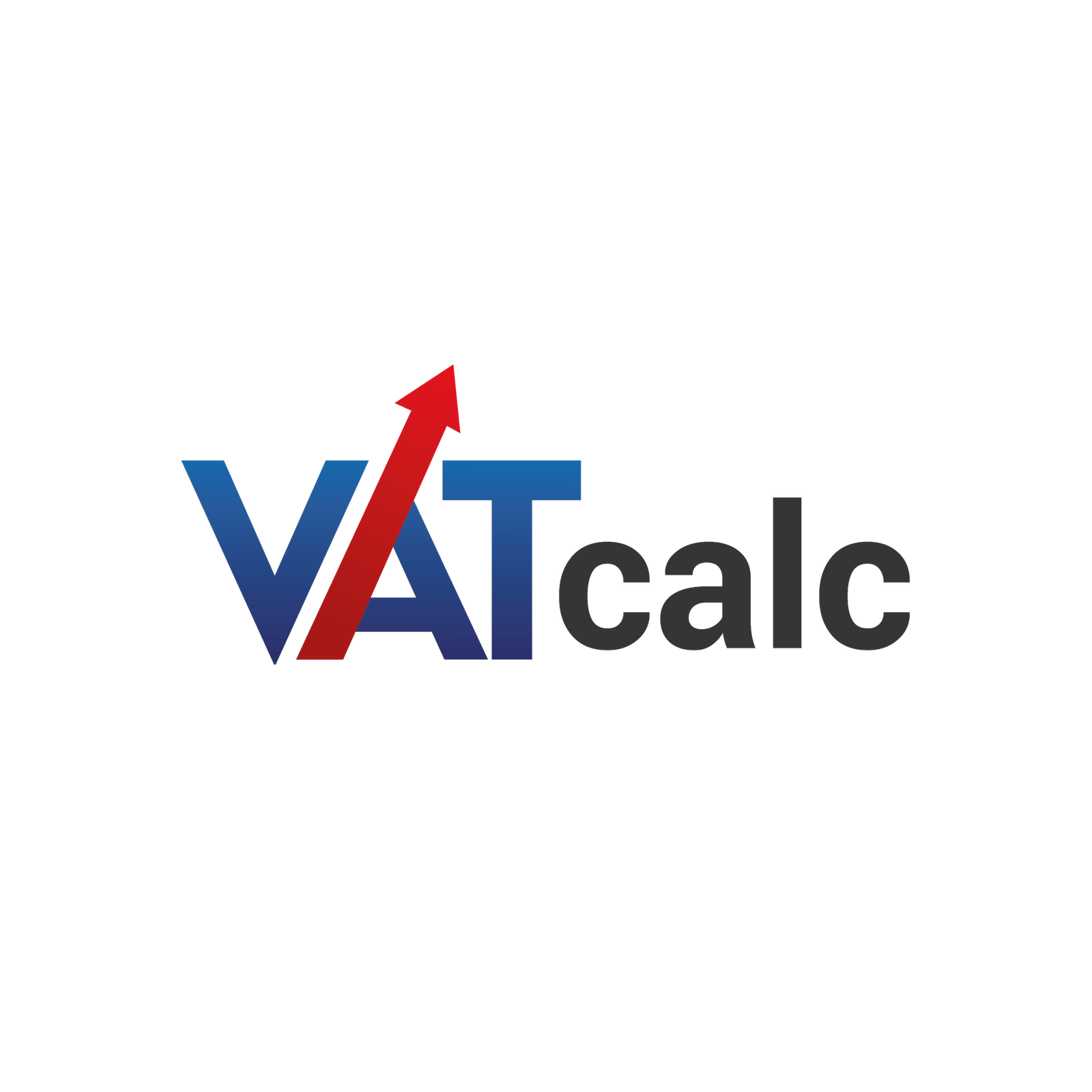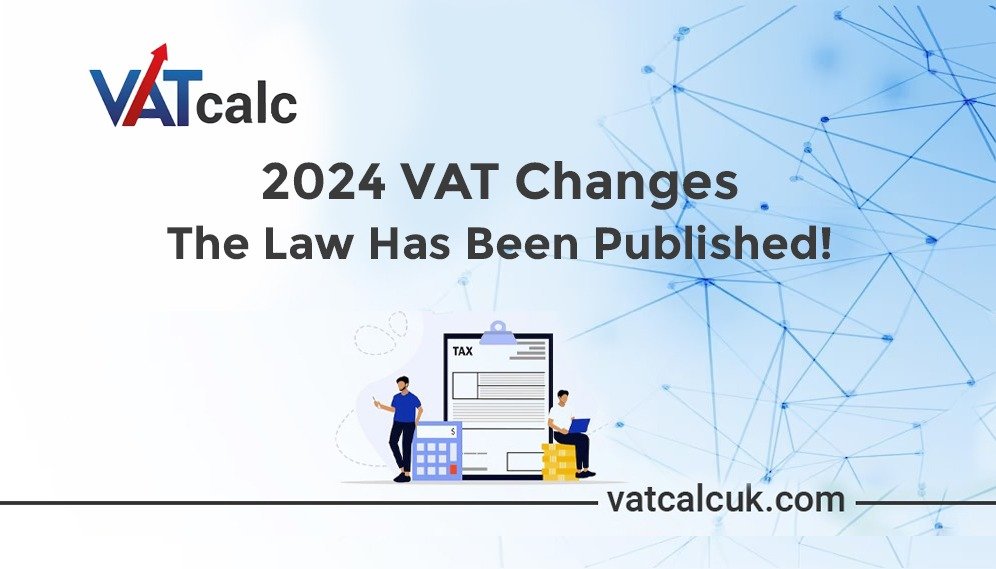2024 VAT changes: the law has been published!
2024 VAT Changes:
As the pages turn in the calendar, the United Kingdom’s business landscape stands on the threshold of a transformative period characterized by substantial changes in Value Added Tax (VAT) regulations. The eagerly awaited publication of the 2024 VAT changes has unveiled a comprehensive narrative, offering businesses an exhaustive guide outlining the intricate adjustments that lie ahead. This expansive exploration aims to delve even deeper into the multifaceted dimensions of these changes, providing businesses with a wealth of insights, strategic frameworks, and an extensive array of resources. The goal is not just to navigate compliance but to empower businesses to thrive in this dynamically evolving fiscal landscape.
1. Understanding the Nuances of the 2024 VAT Changes:
The foundational step in navigating the 2024 VAT changes involves a meticulous examination of the intricacies embedded within these modifications. The official government page on VAT rates serves as an invaluable resource, offering a granular breakdown of alterations to rates, thresholds, and compliance requirements: HMRC VAT Changes. This resource acts as a compass for businesses seeking clarity on the specifics of the regulatory adjustments.
To further enrich our understanding, businesses can explore interpretative documents released by HMRC to discern the intent behind specific changes. Investigating historical trends in VAT amendments may also provide insights into the potential trajectory of future changes, aiding businesses in adopting proactive strategies.
2. Impact on Small Businesses:
Small and medium-sized enterprises (SMEs), being the backbone of the economy, often bear the brunt of regulatory changes. The Federation of Small Businesses (FSB) stands as a reliable ally for small business owners seeking guidance and support: FSB. In this expansive exploration, we will delve into the nuanced ways the 2024 VAT changes might impact SMEs, providing not only a comprehensive understanding of the challenges but also actionable strategies to navigate these changes seamlessly.
Beyond official resources, active participation in industry-specific forums and communities can provide SMEs with real-world insights and practical advice from peers who are navigating similar challenges. Platforms like LinkedIn groups and industry forums offer collaborative spaces for SMEs to share experiences, exchange strategies, and collectively address challenges.
A detailed examination of sector-specific SME associations, such as those catering to retail, manufacturing, or service industries, can provide tailored insights into how businesses within a particular sector can strategize and adapt to the changes. Engaging with sector-specific publications and attending industry-specific webinars can provide SMEs with a holistic perspective on the challenges and opportunities presented by the 2024 VAT changes.
3. E-Commerce and International Trade Implications:
The evolution of e-commerce and the expanding landscape of international trade have redefined the contours of the business world. Against this backdrop, understanding how the 2024 VAT changes influence cross-border transactions becomes paramount. The official government guidance on VAT for businesses trading internationally is accessible here: VAT for businesses trading internationally.
Delving into the intricacies of international VAT regulations necessitates a comprehensive approach. Exploring case studies, success stories, and potential challenges faced by businesses engaged in global trade can provide valuable insights. Additionally, staying closely connected with international trade associations and organizations enhances access to timely information and best practices.
To further enrich their understanding, businesses can explore academic research articles and journals focused on international taxation and the impact of VAT changes on cross-border commerce. Engaging with thought leaders in the field through webinars and conferences can provide a forward-looking perspective on how international trade dynamics may evolve in the wake of these changes.
4. Leveraging Technology for VAT Compliance:
The digital era presents a vast array of technological solutions to streamline VAT processes. Businesses can explore advanced VAT automation tools offered by companies such as Avalara and Vertex: Avalara, Vertex. These solutions not only simplify compliance tasks but also mitigate the risk of errors, enabling businesses to redirect their focus toward strategic growth initiatives.
As technology continues its rapid evolution, staying abreast of the latest developments in VAT software and automation tools is essential. Regularly assessing the market for emerging technologies ensures that businesses can leverage the most efficient and effective solutions available.
A more profound exploration involves delving into case studies of businesses that have successfully integrated advanced VAT automation tools into their operations. Analyzing the challenges they faced, the benefits reaped, and the lessons learned can provide actionable insights for businesses at different stages of technological adoption.
Additionally, businesses can explore emerging technologies such as blockchain, artificial intelligence, and machine learning to anticipate how these innovations may impact VAT compliance in the future. Collaborating with technology experts and attending technology-focused conferences can offer businesses a glimpse into the future of VAT compliance.
5. Consulting with Tax Professionals:
The complexity inherent in the 2024 VAT changes necessitates expert guidance. Seeking advice from tax professionals ensures that businesses possess a nuanced understanding of the implications and can develop robust strategies for compliance. Reputable tax consulting firms such as Deloitte and PwC offer comprehensive tax advisory services: Deloitte, PwC.
Establishing a collaborative relationship with tax professionals goes beyond mere compliance. It opens avenues for proactive strategic planning, risk mitigation, and staying ahead of future regulatory changes. Tax professionals can provide bespoke advice tailored to the specific needs and goals of each business.
Businesses can further enhance their collaboration with tax professionals by participating in industry-specific workshops and seminars organized by these firms. Engaging in direct dialogues with tax experts can provide a deeper understanding of the intricacies of the VAT changes and how businesses can navigate them effectively.
Additionally, businesses can explore opportunities for continuous education for their finance and tax teams. Encouraging team members to pursue relevant certifications and attend industry conferences can contribute to building in-house expertise in VAT compliance.
6. The Macro-Economic Impact of VAT Changes:
Beyond the microcosm of individual businesses, the 2024 VAT changes are poised to have a macroeconomic impact. Exploring the broader economic implications, such as changes in consumer behavior, market dynamics, and overall industry trends, is crucial for businesses to anticipate and adapt to the evolving landscape.
Businesses can delve into economic forecasts and reports released by governmental bodies and independent research organizations. Understanding how macroeconomic factors intersect with VAT changes can provide businesses with a holistic perspective on the challenges and opportunities that lie ahead.
Engaging with economic analysts and participating in economic forums can provide businesses with the opportunity to gain insights from experts. Collaborating with industry associations that conduct macroeconomic impact studies can offer tailored insights into the specific sector in which a business operates.

